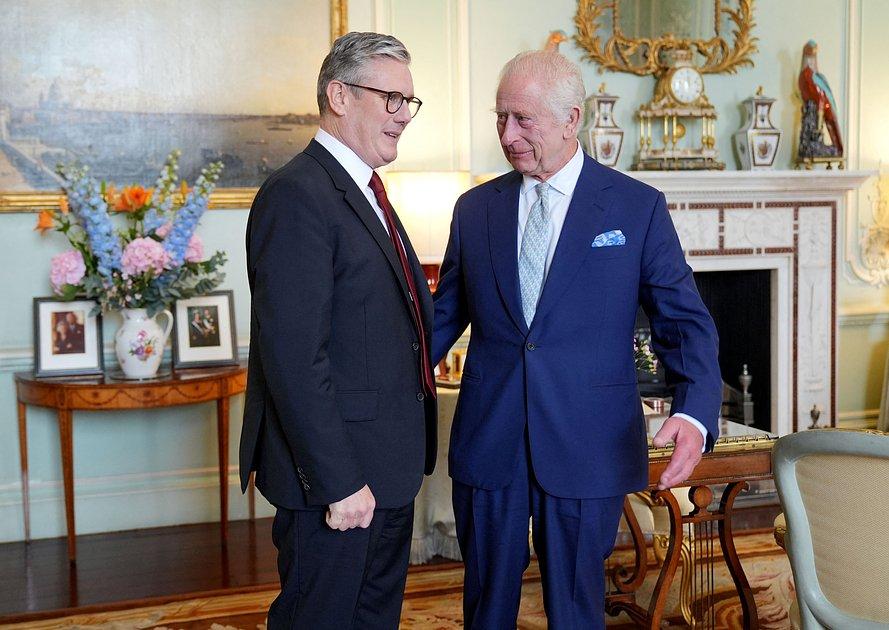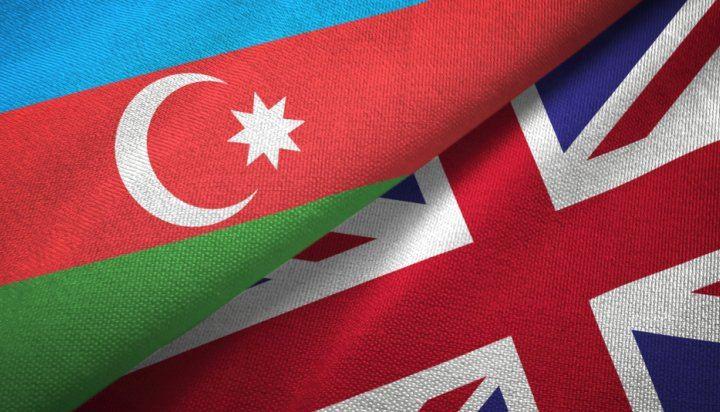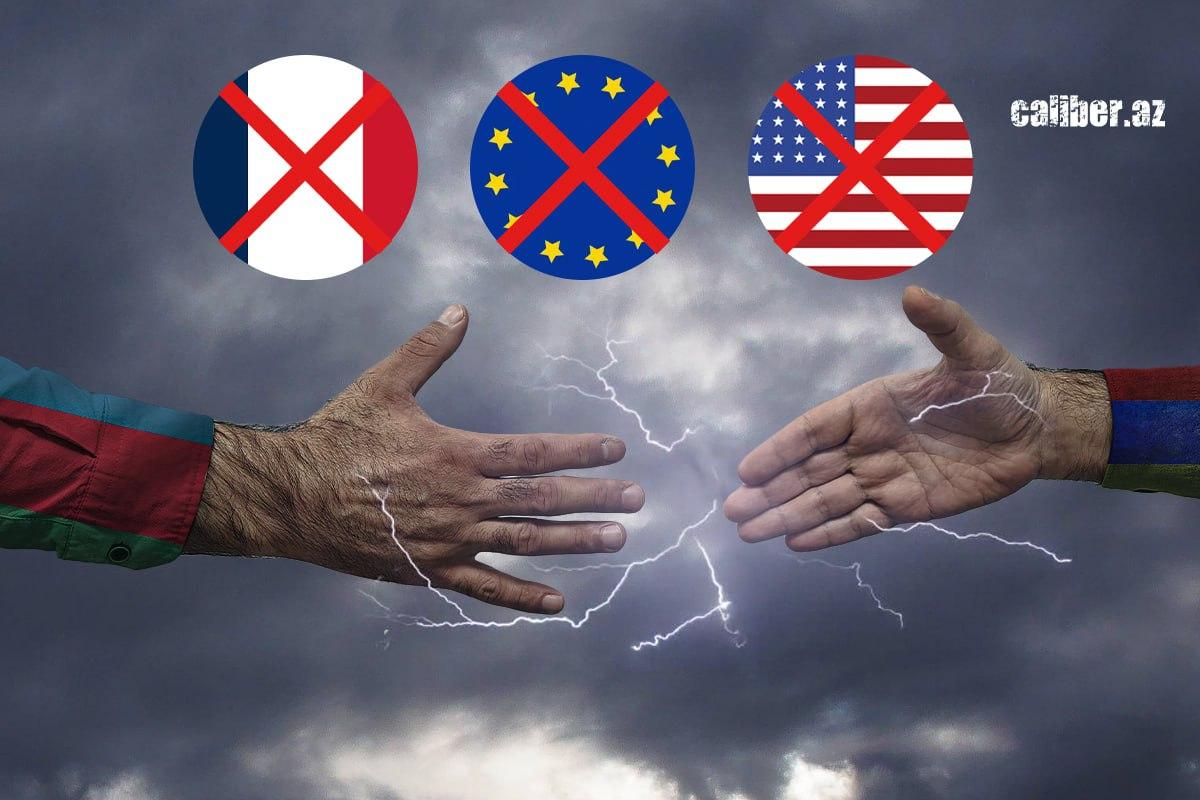UK's new Labour government eyes closer ties with Azerbaijan Expert insight
Caliber.Az presents an interview with British journalist, former editor-in-chief of BBC World Service broadcasting in the former USSR region, political expert Yuri Goligorsky.

- Britain's new prime minister, Labour leader Keir Starmer, has handed out ministerial portfolios and promised big changes. The Conservatives, who have been in power since 2010 and have replaced five prime ministers in a row (David Cameron, Theresa May, Boris Johnson, Liz Truss, Rishi Sunak), suffered a catastrophic defeat in the election, showing the worst results in the party's history. What new developments can we expect in UK foreign and domestic policy?
- One of the distinctive features of British policy in everything that concerns the foreign policy course is continuity. We should not expect any dramatic changes here. As for the European Union, I think that Keir Starmer and his government will try to find a way out of the post-Brexit situation and bring positions closer to Brussels because there is an understanding that Europe needs the UK and the UK needs Europe. And somehow we need to co-operate and co-exist. I think Starmer will be more active than the Conservatives have been in looking for a way out of this situation.

Of course, the UK will continue to maintain the closest relations with the US, because the country's foreign policy course in many respects over the last fifty or sixty years has not depended on, but rather coincided with, the US policy course. London has enjoyed considerable influence in the US foreign policy course, whether in the days of Thatcher, Major or Blair, because US presidents and British prime ministers have always maintained and observed a very correct system of relations, including those aimed at working out a common course.
Regarding relations with Russia - they are, of course, in the deepest freeze and nothing will change here; Labour, like the Conservatives, strongly condemns Russia's actions, finds them unacceptable and will not seek a rapprochement with Moscow. For this to happen, Russia will have to fundamentally change its policy.
But in the South Caucasus, the new Labor government needs to understand, study, and research a lot, because, it seems to me, it currently does not have a clear idea of the specifics of the region. The Starmer government certainly understands how important Azerbaijan is as one of the guarantors of European energy security. But in everything that concerns relationships within the region, intraregional processes, here they will have to go through what is called a Crash Course, a highly intensive training course.

- Despite high-profile failures both at home and abroad, Macron's government is trying to portray itself as an EU leader and interfere in the South Caucasus. How will the Labour government interact with Paris in this situation?
- It is understandable why Azerbaijan is wary of France. But I think that now the domestic political situation in France is so complicated that Paris is unlikely to be able to pay much attention to what is happening in the South Caucasus: both Azerbaijan and even Armenia. The French have many problematic questions: who will be in the French government? Will it be possible to form a political alliance of political parties? And the solution to these problems for Macron's France is a matter of survival. The UK is wary of everything that happens in France because no one wants an unstable France both inside and outside the EU. London is taking a closer look, wanting to find new points of contact with Paris, but it is still unclear with whom to establish contacts, because the government has not been formed, and who will determine the external course of France is also unclear.
- How does London feel about the normalisation process between Baku and Yerevan?
- The UK has always been very, very attentive to Azerbaijan, realising the importance of this country. London is also trying to establish a dialogue with Armenia, if only to better understand the situation in the region. However, London is very clear in its position that seeking an intermediary for dialogue between Baku and Yerevan is not the best way out, and the most effective way is direct bilateral negotiations. No mediator can help if there is no goodwill between Baku and Yerevan - this is obvious, almost a doctrine.

It seems to me that in order for Armenia itself to actively seek dialogue with Baku, it is necessary to convince Armenians that peace is beneficial to them first and foremost economically. And then the economy will be followed by politics.
- What will Britain's policy in the Middle East be?
- There are complications here - the fact is that Labour promised to recognise a Palestinian state almost as soon as it came to power, and now that this has happened, Labour's tone has changed markedly - it is already noting that it cannot help but keep up with its American allies (this is exactly how the overall foreign policy of the US and the UK is shaping up). And now Labour is saying that the UK will recognise Palestine in the course of an overall peace settlement - as soon as there are some definite results in the process. And this, frankly, is not much different from the situation that the Conservatives declare.
At the same time, it is worth noting that the Muslim voice is growing stronger inside Britain - for example, the Labour Party lost a significant number of Muslim votes in the election because of Labour's stance on the Gaza war. And here the domestic political factor cannot be ignored - because at the next election, there will be even more Muslims, given the way this process is going; any party that wants to get the Muslim vote will have to take the Middle East factor into account.
Any party going to the polls in the UK cannot ignore the votes of the Jewish population, and those votes tend not to coincide with the Muslim position - which is also quite obvious. It might be worth comparing how many Muslims and how many Jews live in the UK. And if the number of Muslims is measured in the millions, the number of Jews will noticeably surprise you - only 250,000 in the whole of the UK. This is the dynamic - the Muslim population is actively growing and the Jewish population is shrinking. Jews are leaving the UK, and Muslims, on the other hand, are arriving.
Europe's position in the Middle East is very weak, so Europe has managed to antagonise both Jews and Arabs. So at the moment, the only strong Western player in the Middle East is the United States.








